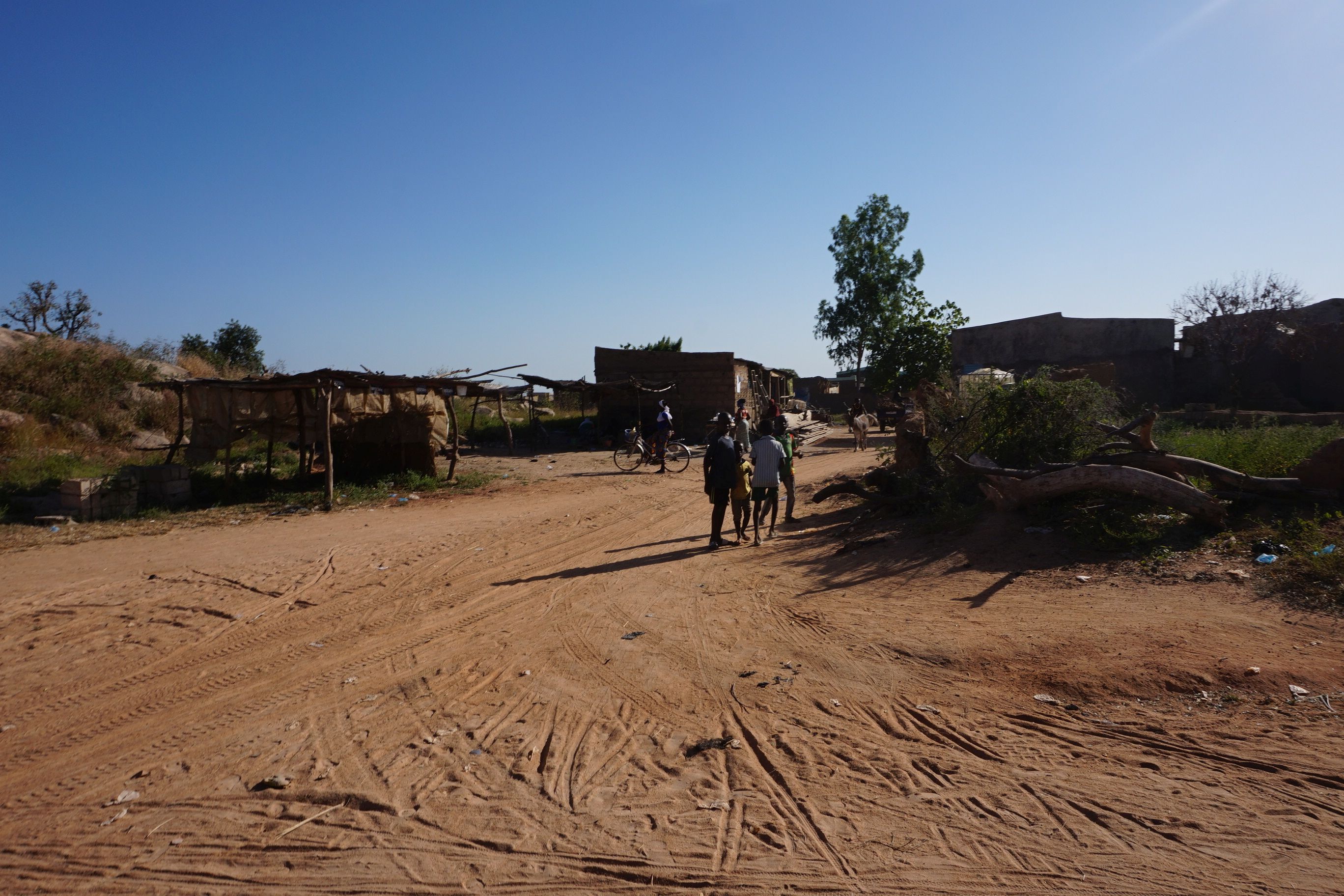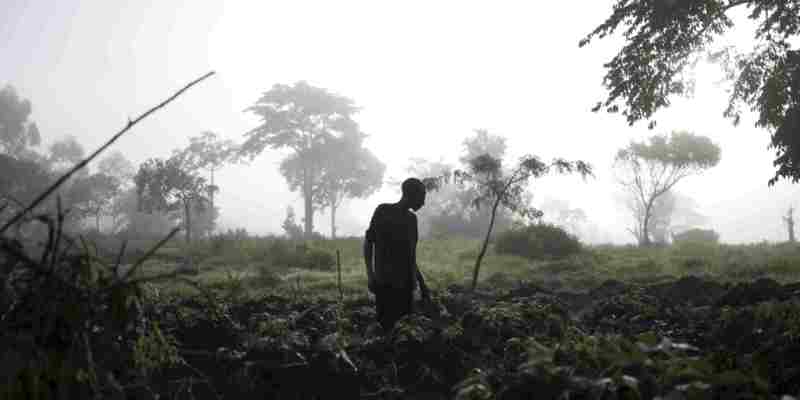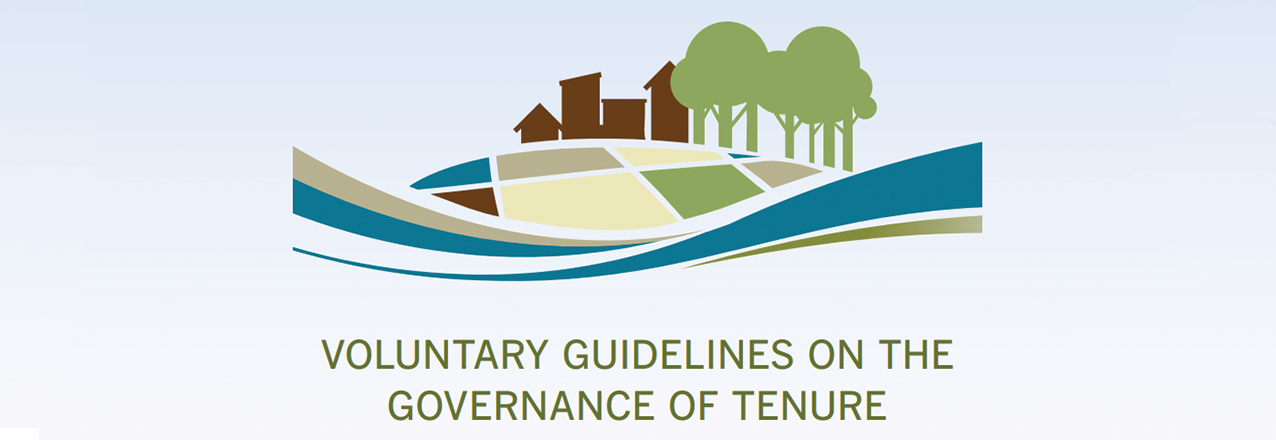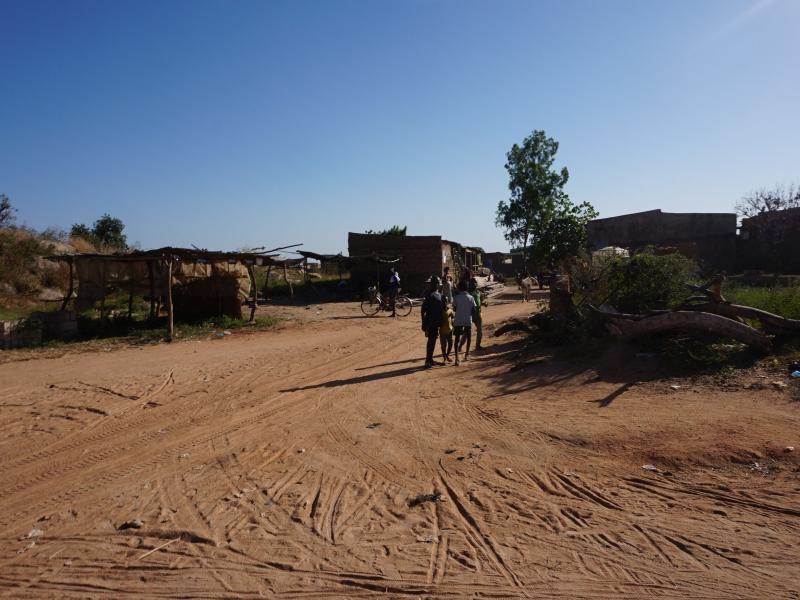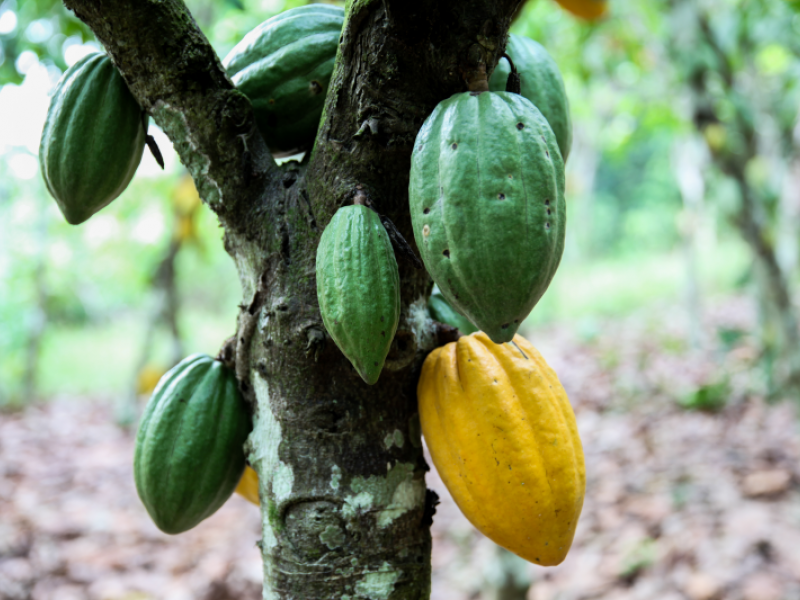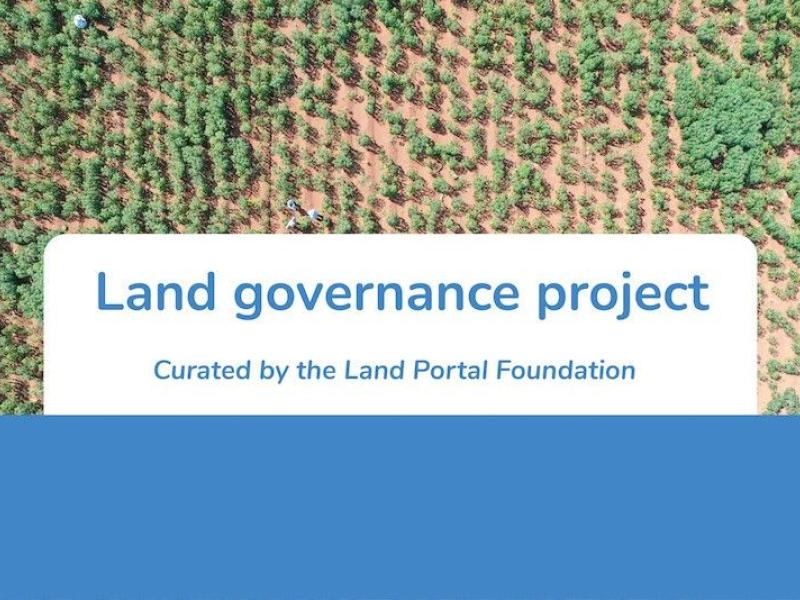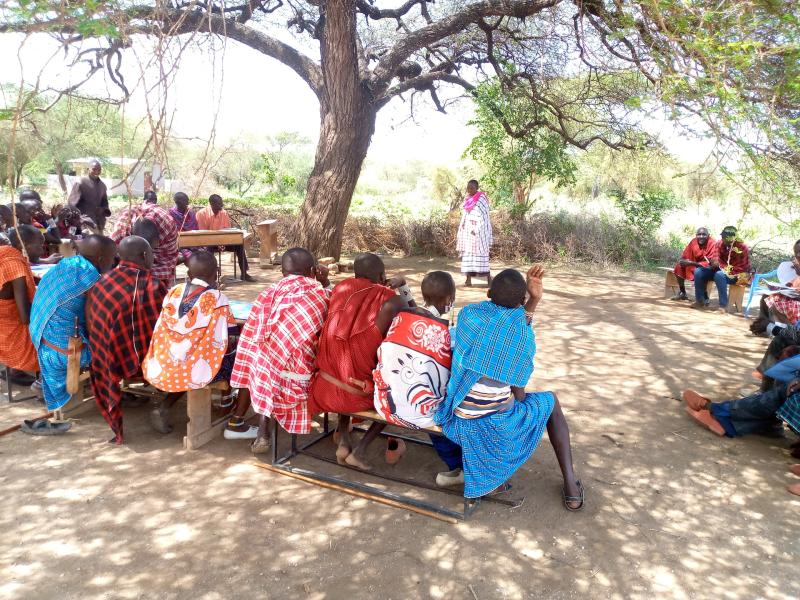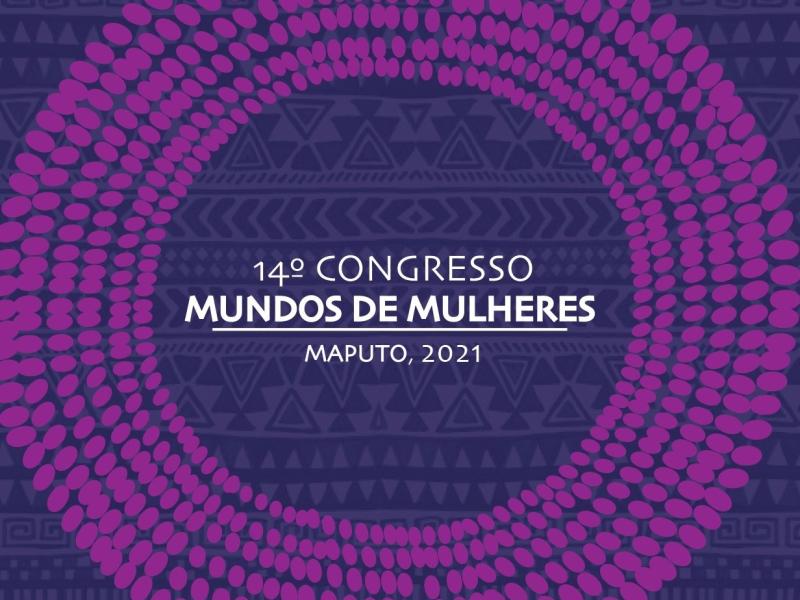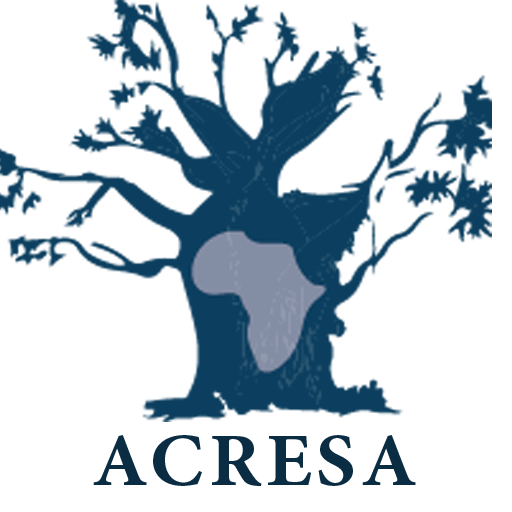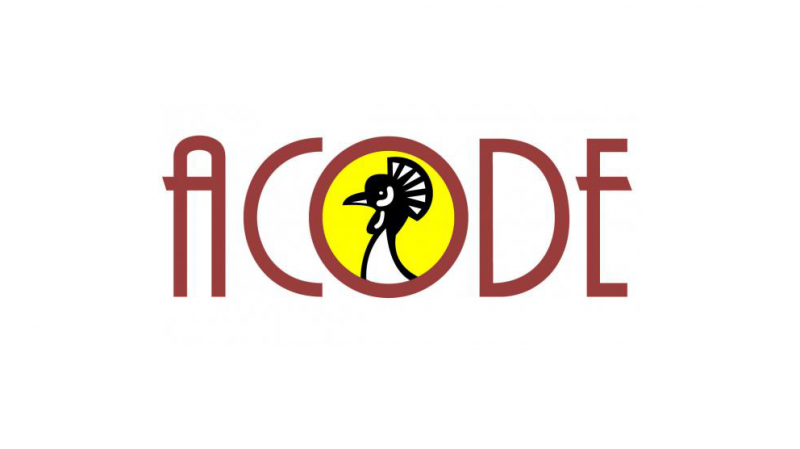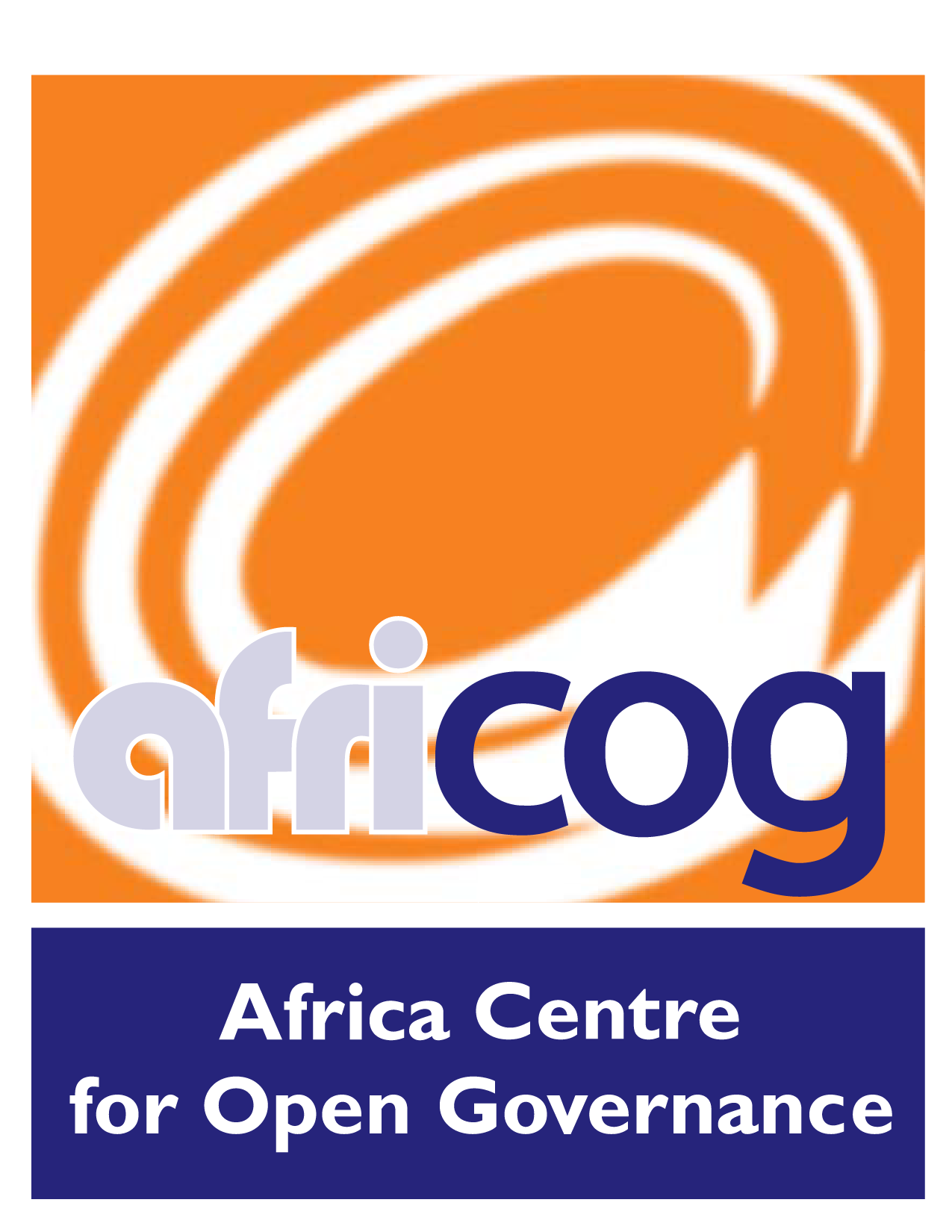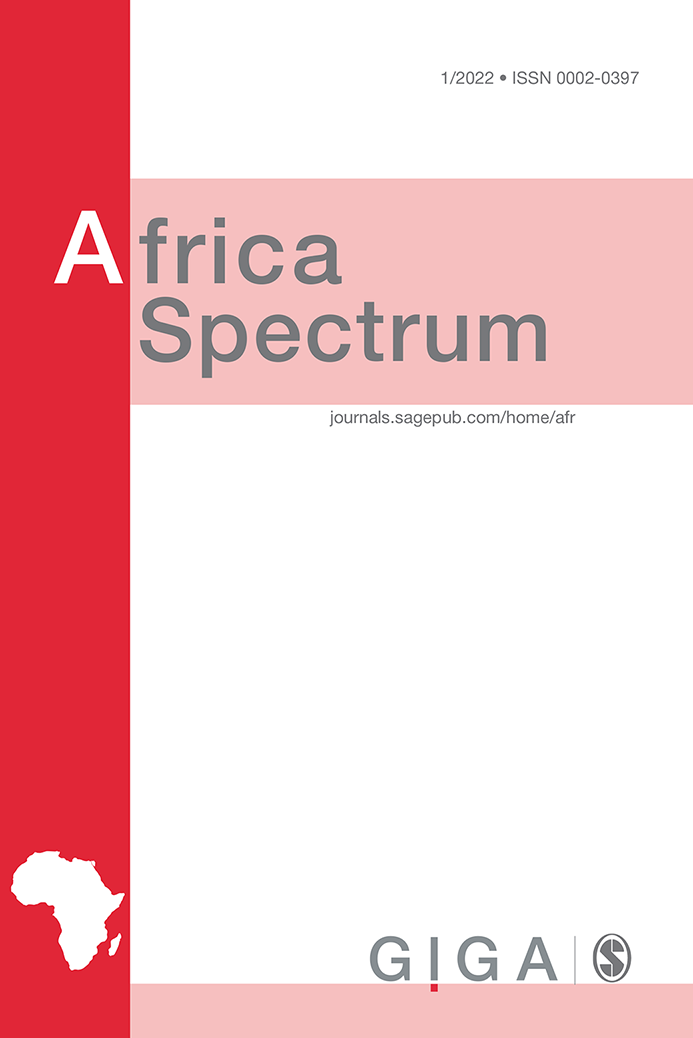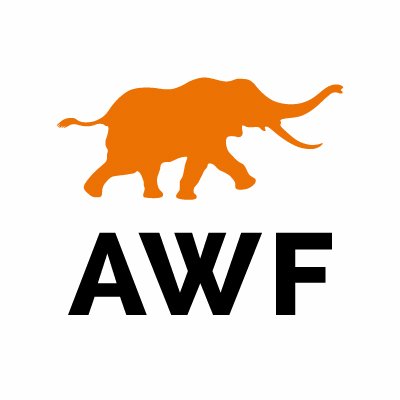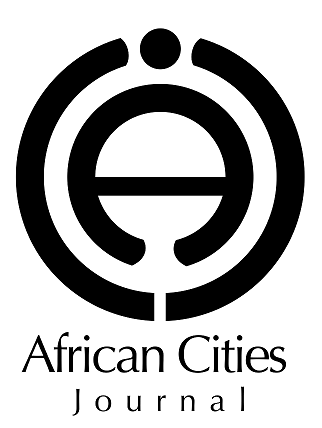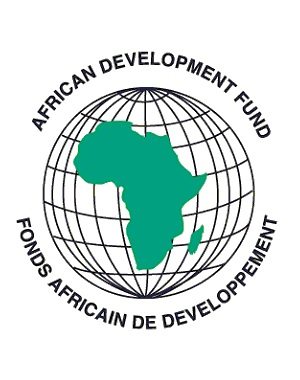Navegação estrutural
África
NewsBrowse all
01 Outubro 2024
Foto: Mídia NINJA / Mobilização Nacional Indígena (CC BY-SA 2.0)
Jornalistas do mundo todo podem se candidatar às bolsas de reportagem do Centro Internacional para Jornalistas (ICFJ na sigla em inglês.)
As bolsas fazem parte do programa Boost, que foi criado para expandir a oferta do ICFJ à sua…
26 Setembro 2024
Foto: Miss Helena/Flickr (CC BY 2.0)
Presidente da nação insular abordou busca por equilíbrio entre crescimento econômico, proteção ambiental e justiça social; Carlos Manuel Vila Nova pediu atenção da Assembleia Geral à ameaça existencial das mudanças climáticas.
São Tomé e Príncipe pediu apoio da…
25 Setembro 2024
Foto: ILRI/Mann/Flickr (CC BY-NC-ND 2.0)
Quelimane (Moçambique), 25 Set- AIM – O candidato presidencial do maior partido de oposição em Moçambique, Ossufo Momade, afirmou esta terça-feira (24), em Quelimane, a capital provincial da Zambézia, que caso o seu partido seja eleito no sufrágio de 9 de…
África
projects
- 0
- 1
- 2
- 3
- 4
- 5
BlogsBrowse all
16 Setembro 2024
Foto: Joe Saade/ONU Mulheres (CC BY-NC-ND 2.0)
As consequências da emergência climática refletem, entre muitos exemplos, em uma maior incidência de pandemias, enchentes, deslizamentos, furacões, enfim, eventos extremos da natureza. As mulheres estão entre os grupos mais vulneráveis à crise…
EventsBrowse all
Mais do que uma versão feminizada da fusão das palavras oficinas e seminários, Oficinárias são uma forma de trabalhar em conjunto que pretende agregar reflexões activistas, académicas e artísticas numa lógica de construção horizontal e colaborativa de saberes.
É com grande satisfação que a…
LibraryBrowse all
OrganizationsBrowse all
- 0
- 1
- 2
- 3
- 4
- 5
- 6
- 7
- 8
- 9
- 10
- 11




